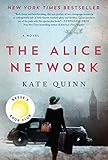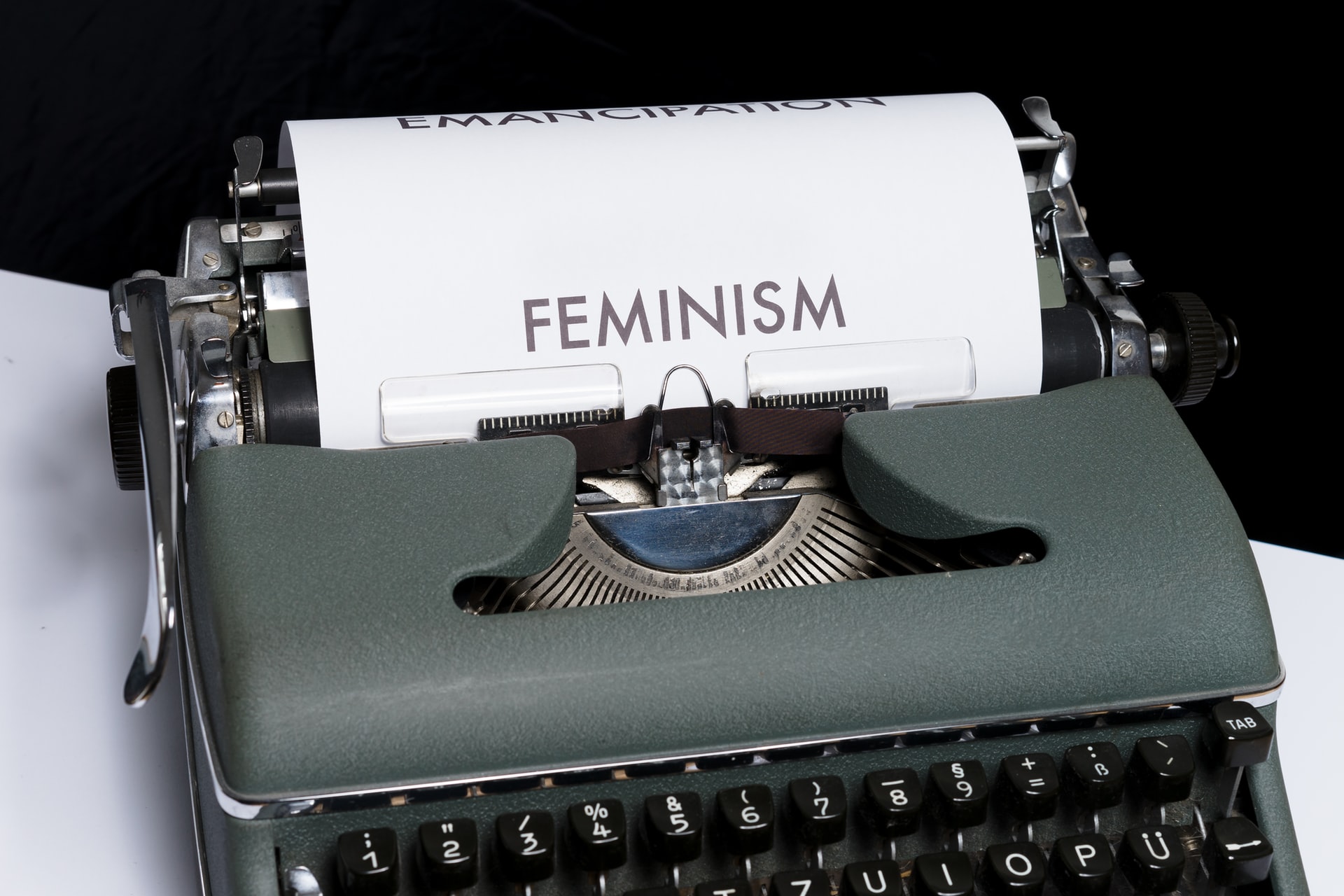Hilary Mantel, twice awarded the Booker Prize for her detailed fictional explorations of the court of Henry VIII, recently remarked that “women writers…can’t resist retrospectively empowering” women of the past in historical fiction. She presents us with a false choice: “If we write about the victims of history, are we reinforcing their status by detailing it? Or shall we rework history so victims are the winners?”
Historical fiction poses unique challenges and opportunities. Writing a historical novel requires all the same things writing a contemporary novel does—intelligence, dedication, research, and a whiff of heedless optimism—as well as a fine-tuned commitment to not betraying the “historical” elements for those better fit by the label “fiction.”
Writing feminist historical fiction adds another layer of complexity. Any historical novel worth its salt has to address society’s expectations of women at the time it’s set. Some authors focus on ordinary women, some on extraordinary ones; both options offer countless possibilities for advancing or contradicting feminist viewpoints. But knowing one’s time period is essential, no matter what. A historical novel in which women play key roles doesn’t resonate unless the author can faithfully and honestly depict ordinary women, and ordinary men, of the time.
Reducing the possibilities of historical fiction to two options, as Mantel does, represents a failure of imagination. The good news is that the imaginations of many writers, women and men alike, are up to the task of telling stories set in the past that are both faithful and feminist.
 Did Amy Stewart have to “retrospectively empower” Constance Kopp to make her a law enforcement pioneer, appointed the first female undersheriff of Bergen County, N.J., in 1915? Not a bit. Kopp’s cases were well-documented in the newspapers of the day, and Stewart has woven her stories into three novels so far: Girl Waits with Gun, Lady Cop Makes Trouble, and the upcoming Miss Kopp’s Midnight Confessions. Kopp was quoted by a reporter as saying “Some women prefer to stay at home and take care of the house. Let them. There are plenty who like that kind of work enough to do it. Others want something to do that will take them out among people and affairs. A woman should have the right to do any sort of work she wants to, provided she can do it.” Ahead of her time, yes, but still someone who made her way within it.
Did Amy Stewart have to “retrospectively empower” Constance Kopp to make her a law enforcement pioneer, appointed the first female undersheriff of Bergen County, N.J., in 1915? Not a bit. Kopp’s cases were well-documented in the newspapers of the day, and Stewart has woven her stories into three novels so far: Girl Waits with Gun, Lady Cop Makes Trouble, and the upcoming Miss Kopp’s Midnight Confessions. Kopp was quoted by a reporter as saying “Some women prefer to stay at home and take care of the house. Let them. There are plenty who like that kind of work enough to do it. Others want something to do that will take them out among people and affairs. A woman should have the right to do any sort of work she wants to, provided she can do it.” Ahead of her time, yes, but still someone who made her way within it.
 Stewart was a non-fiction writer before she was a novelist, and sticks close to the known facts with her novels, but that’s far from the only approach. On the more fictional end of the spectrum is Kate Quinn’s new novel The Alice Network. Its historical kernel is a real-life World War I spy ring run by and consisting of women, named for its leader, whose code name was Alice Dubois. Quinn interlaces the war story with a second timeline, this one centered on a fictional, pregnant protagonist searching for a lost cousin. Quinn’s book offers an unusually entertaining way to examine how women, both ordinary and extraordinary, are called upon to act in the world during wartime.
Stewart was a non-fiction writer before she was a novelist, and sticks close to the known facts with her novels, but that’s far from the only approach. On the more fictional end of the spectrum is Kate Quinn’s new novel The Alice Network. Its historical kernel is a real-life World War I spy ring run by and consisting of women, named for its leader, whose code name was Alice Dubois. Quinn interlaces the war story with a second timeline, this one centered on a fictional, pregnant protagonist searching for a lost cousin. Quinn’s book offers an unusually entertaining way to examine how women, both ordinary and extraordinary, are called upon to act in the world during wartime.
 Naturally, the historical novels it’s easiest to recognize as feminist are those written about women who explicitly fought for women’s rights and women’s issues, like Terrible Virtue, written by Ellen Feldman about reproductive rights pioneer Margaret Sanger. Similarly, novels that center on women adjacent to more famous men—Rodin’s Lover by Heather Webb (artist Camille Claudel) or The Other Einstein by Marie Benedict (physicist Mileva Maric)—argue without stating outright that in a fairer world, these lesser-known female subjects would be as famous and renowned as their better-known partners. Biographies can make these arguments too, but fiction puts us there in the moment, breathing and crying and cheering with these women. Paula McLain, whose biographical historical novels The Paris Wife and Circling the Sun are some of the best-known in the genre, was quoted in Vanity Fair as saying “We love to learn about history, but don’t we love to get close to it?”
Naturally, the historical novels it’s easiest to recognize as feminist are those written about women who explicitly fought for women’s rights and women’s issues, like Terrible Virtue, written by Ellen Feldman about reproductive rights pioneer Margaret Sanger. Similarly, novels that center on women adjacent to more famous men—Rodin’s Lover by Heather Webb (artist Camille Claudel) or The Other Einstein by Marie Benedict (physicist Mileva Maric)—argue without stating outright that in a fairer world, these lesser-known female subjects would be as famous and renowned as their better-known partners. Biographies can make these arguments too, but fiction puts us there in the moment, breathing and crying and cheering with these women. Paula McLain, whose biographical historical novels The Paris Wife and Circling the Sun are some of the best-known in the genre, was quoted in Vanity Fair as saying “We love to learn about history, but don’t we love to get close to it?”
 Returning to Mantel for a moment, she takes issue with “women writers who want to write about women in the past,” implying that male writers are in some other category, possibly exempt from the “persistent difficulty” of wanting to write female characters of action and agency. But it’s hard to think of a book that takes its heroine’s part more wholeheartedly than Alexander Chee’s The Queen of the Night, which is by turns rip-roaring, tragic, giddy, dramatic, and delightful, but never loses its keen awareness that its extraordinary heroine, soprano Lilliet Berne, operates within the constraints of a man’s world. Her fate is changed at every turn by men’s decisions, men’s gifts, men’s egos, men’s wars. And her journey is all the more riveting because of it. Chee’s heroine was inspired by real-life opera singer Jenny Lind, known as “The Swedish Nightingale”; Lilliet Berne is fictional. But this is what the best historical novels do—blend fact and fiction in a way that sweeps us into the world of the past and informs our experience of the present.
Returning to Mantel for a moment, she takes issue with “women writers who want to write about women in the past,” implying that male writers are in some other category, possibly exempt from the “persistent difficulty” of wanting to write female characters of action and agency. But it’s hard to think of a book that takes its heroine’s part more wholeheartedly than Alexander Chee’s The Queen of the Night, which is by turns rip-roaring, tragic, giddy, dramatic, and delightful, but never loses its keen awareness that its extraordinary heroine, soprano Lilliet Berne, operates within the constraints of a man’s world. Her fate is changed at every turn by men’s decisions, men’s gifts, men’s egos, men’s wars. And her journey is all the more riveting because of it. Chee’s heroine was inspired by real-life opera singer Jenny Lind, known as “The Swedish Nightingale”; Lilliet Berne is fictional. But this is what the best historical novels do—blend fact and fiction in a way that sweeps us into the world of the past and informs our experience of the present.
The characters above could be considered extraordinary women of their time—historical novels can also focus on ordinary women without, as Mantel suggests, reducing them to “victims.” The very act of centering a novel on a woman’s story, of giving her the same respect and attention men’s stories have traditionally received, can be feminist. The women of the distant past may only appear in sepia-toned photographs today, but when they lived, they lived in full color. Historical fiction and feminism can work hand in hand, and novels may in fact be the best delivery mechanism for certain stories. The question then becomes not whether or how historical fiction can be feminist, but which feminist historical novel you’ll choose to read and recommend next.
Image Credit: Unsplash/Markus Winkler.









